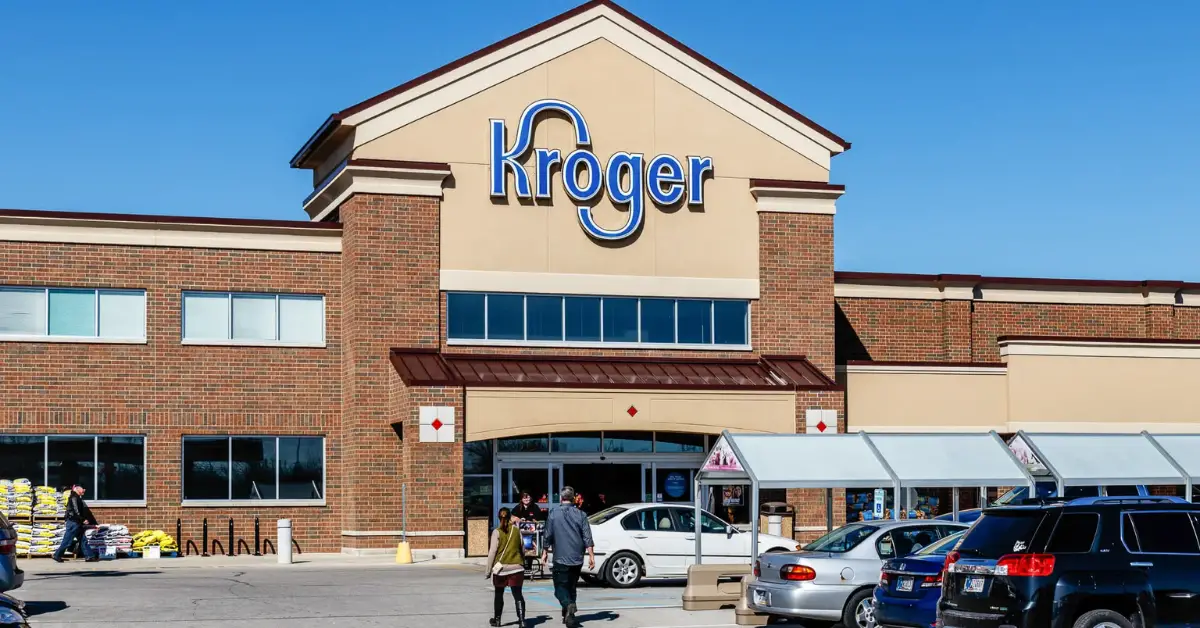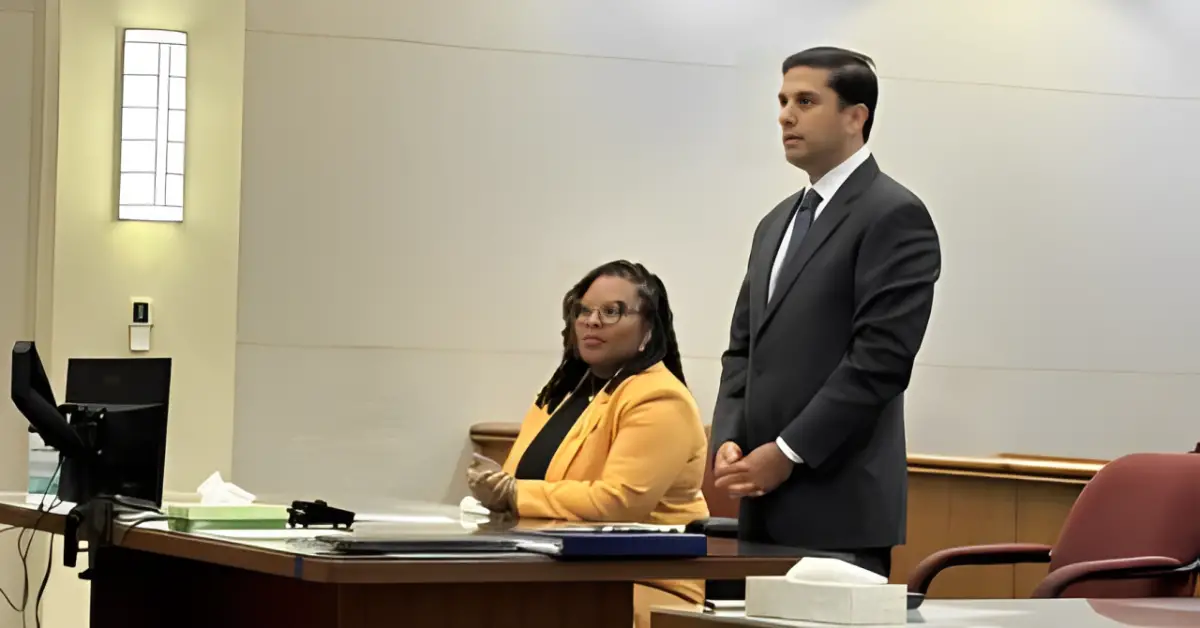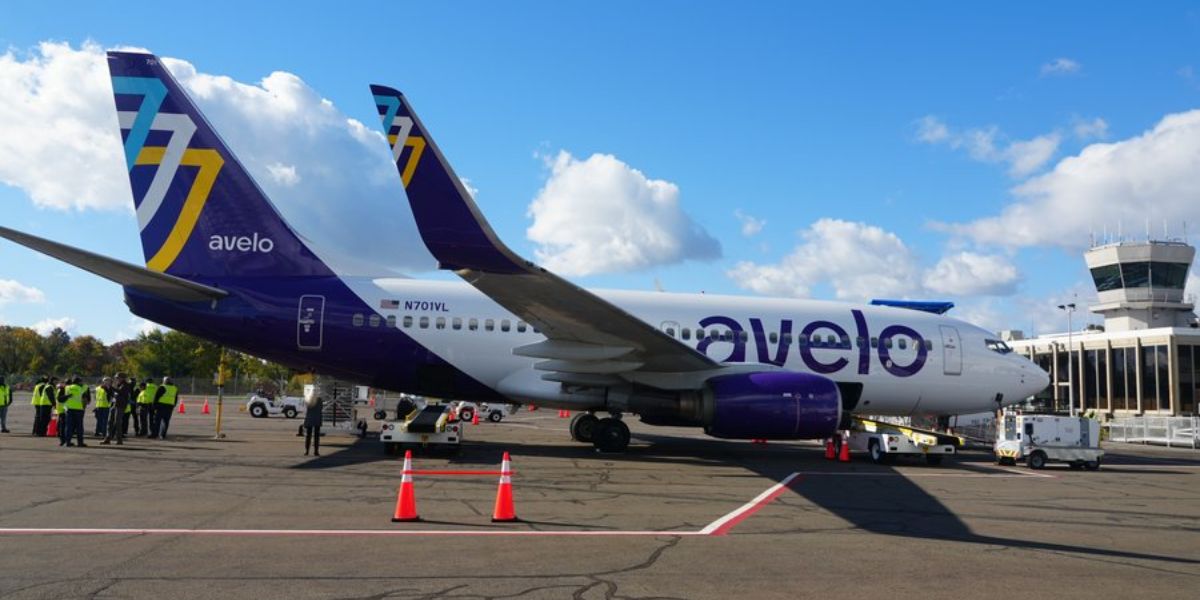Kroger, one of the largest grocery store chains in the United States, is facing increasing scrutiny after a number of customers filed complaints regarding overcharges on their grocery bills. The claims, which have sparked widespread concern, center on discrepancies between the prices advertised on the store shelves and those charged at checkout.
According to several shoppers, they noticed significant differences between the price tags on the shelves and the amount they were billed at the checkout. These discrepancies were particularly common on sale items, where the discounts advertised didn’t seem to match what was reflected in the final price. While many assumed the issue was a simple error or mistake, the sheer number of complaints has led to an investigation by consumer advocacy groups and even prompted some state-level scrutiny.
The overcharge allegations have caused a stir, especially among regular customers who depend on stores like Kroger for their weekly grocery shopping. One customer shared their experience, saying they had been charged an extra $5.50 for a set of items that were supposed to be on sale. Another shopper noted that they had to double-check their receipts after every shopping trip to ensure they weren’t overcharged, fearing that the issue might continue to affect their budget.
Consumer protection organizations have raised alarms about these practices, arguing that even small overcharges can add up quickly and significantly impact families on tight budgets. “It’s a matter of trust,” said one representative from a consumer advocacy group. “When a customer shops at a store, they expect the prices they see to be the prices they pay. If that’s not the case, it undermines the shopping experience and can lead to financial strain for households that are already struggling with rising costs.”
In response to the growing backlash, Kroger has issued statements assuring customers that they are taking the allegations seriously. The company stated that it is investigating the claims and is committed to addressing any discrepancies. However, they also mentioned that some of the overcharge claims could be the result of human error or technical glitches, rather than intentional price manipulation.
Nevertheless, experts suggest that the company’s response may not be enough to calm customers who are frustrated by the lack of immediate action. They argue that stores like Kroger, which have large-scale operations, must ensure that their pricing systems are transparent and accurate at all times. In particular, many feel that Kroger should implement more rigorous checks to avoid price errors and ensure that promotional discounts are consistently applied at checkout.

This controversy comes at a time when many consumers are already feeling the impact of inflation and rising grocery prices. With food costs continuing to climb, shoppers are more sensitive than ever to pricing discrepancies, and even a small error can significantly affect their perception of a retailer’s reliability. Experts warn that if the overcharge claims are proven to be widespread, it could lead to long-term damage to Kroger’s reputation.
Furthermore, the issue highlights a broader concern about transparency in retail pricing. As more customers turn to online shopping, where prices are often more clearly displayed and easier to compare, traditional brick-and-mortar stores like Kroger are facing increased competition. Shoppers are becoming more discerning and expect more from the stores they frequent. If they feel that they are being overcharged or misled, they may choose to take their business elsewhere.
At the heart of this controversy is the larger issue of price transparency in grocery stores. While Kroger has said that it is investigating the allegations, it remains to be seen whether the company will take more proactive steps to address the concerns of its customers. Consumer protection groups are calling for Kroger to improve its pricing system, conduct regular audits of its pricing practices, and provide clearer explanations for any discrepancies.
For now, many customers remain unsure whether they can trust the prices at Kroger. Some have vowed to take their business elsewhere, while others are hoping that the company will take swift action to correct the situation. Regardless of the outcome, this issue serves as a reminder of the importance of transparency in pricing and the need for retailers to maintain trust with their customers.
As the investigation continues, the ultimate question remains: Will Kroger be able to restore the trust of its customers, or will these overcharge claims have a lasting impact on the company’s reputation? Only time will tell.




